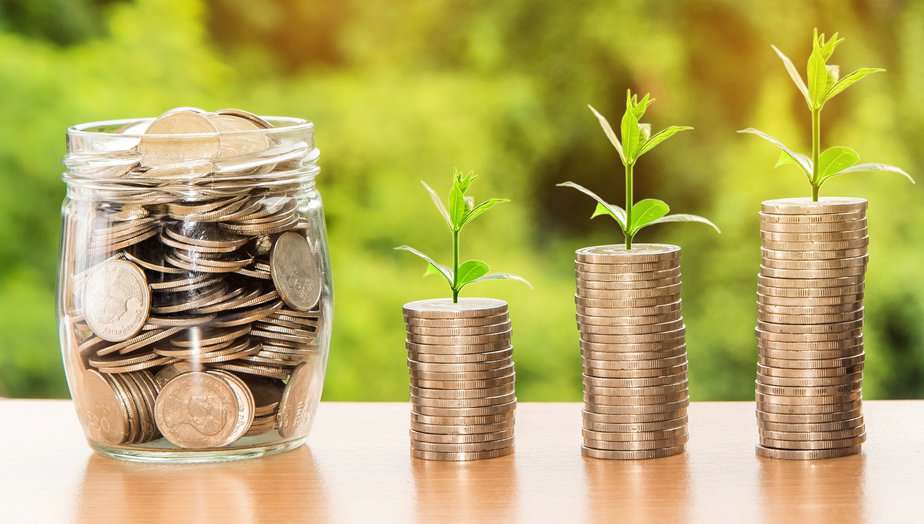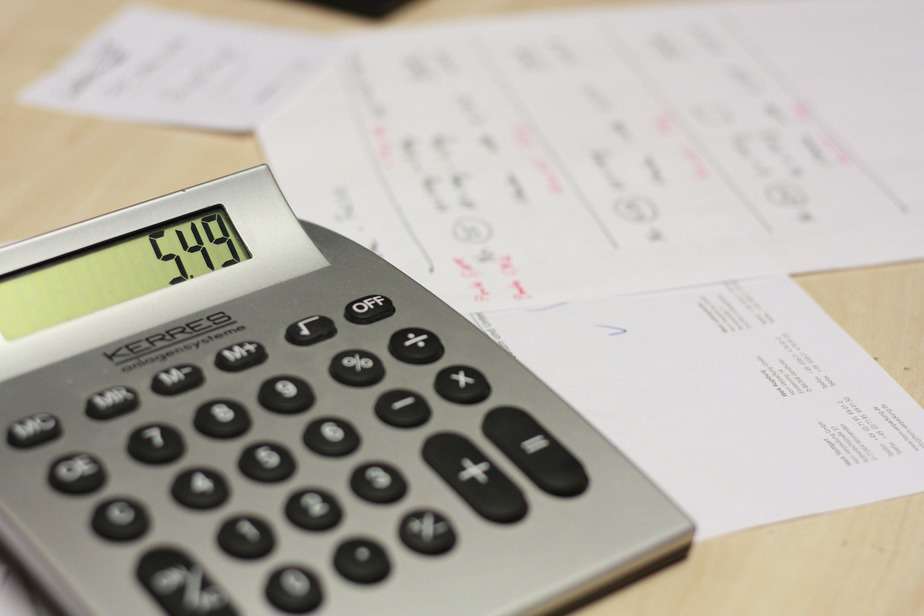Do you feel like you’re struggling to get ahead in your life from a financial perspective? And does it seem like the more you earn, the less spare cash you have after you’ve paid your bills?
If the answer to both questions is yes, you might be thinking that you’re just not earning enough money from your job. The truth is, many people struggle financially, but the reason isn’t down to how much you make. The problem is due to how you manage your money.

Image by Nattanan Kanchanaprat from Pixabay
7 Ways To Take Control Of Your Personal Finances
The harsh reality of personal money management is not everyone has a tight grip on their finances. Nor do many people realize they are not making efficient or wise use of their disposable income.
The good news is that’s something you can begin to fix today. Take a look at the following ways that you can regain control of your personal finances and make more efficient use of the money you work hard to earn each month:
1. Regularly check for the best deals
Most households spend money on things like utilities, insurance, and cable TV. Did you know that the vast majority of those providers hike up their prices after the end of an “introductory offer” period?
Those periods are usually 12 or 18 months, and many of us will typically forget about those offers until we get increased bills to pay! The trick is to remind yourself when those offers are about to expire.
You can then search the market for better deals, keeping those costs low and more money in your checking account. You’ll often find your existing provider can match better deals, even ones they offer to new customers.
Another way to check for the best deals available is to look at your current mortgage rate. If you’re not happy with the numbers, shop around for something better. Look at refinance rates today to see how you can lower your monthly mortgage payment and help your financial bottom line.
2. Use your smartphone to manage your money on the go
Let’s face it: most people own a smartphone these days. They are now affordable enough for the majority of the population to buy, and some folks even own more than one (i.e., one for personal use, one for business).
Did you know that there are many smartphone apps you can use to control and manage various aspects of your personal finances? Take a look at these best budget apps for some inspiration on how you can better manage your money on the go.
Personal finance apps are very secure and use bank-grade security and encryption for added peace of mind.
3. Keep an eye on your credit reports
You might be wondering why you should regularly check your credit reports if your goal is to keep your spending down as much as possible? The simple answer is fraud. In the United States alone, 14.4 million people were the victim of identity fraud in 2018.
The sooner you can spot anomalies on your credit reports, the quicker you can act to resolve them. That way, criminals won’t keep using your personal details to obtain credit, such as loans and credit cards fraudulently.
As you can imagine, those criminals have no intention of paying back any money. And until you do something about it, your name and credit history is in jeopardy in terms of future credit and borrowing.
4. Reorganize your debt
Let’s say that you’ve got a couple of credit cards, a store card, and perhaps an unsecured personal loan or two. You’re highly likely to be paying extreme amounts of interest on all money borrowed, resulting in high monthly minimum repayments.

Image by Michael Schüler from Pixabay
It makes sense to reorganize your debt, so you end up paying less each month, and you also pay back less money overall. Some of the ways you can restructure your debt include:
- Get a low-interest personal loan to pay off all credit card and store card debt;
- Consolidate your debts into one more affordable form of borrowing;
- Ask your lenders to reduce their interest rate charges.
Each lender will have different policies depending on early settlements and interest rate reductions. You may even find some credit card companies could issue you a new card account with a low interest rate so that you can carry out a balance transfer.
5. Drip-feed money into a savings account
Sometimes it can be hard to put away vast sums of money into a savings account. With that in mind, have you ever considered drip-feeding some funds into one instead? There are many ways you can drip-feed some available cash into your savings account.
One of the most popular ways is by rounding up your spending. Let’s say that by the end of today, you’ll have spent $47.52 on groceries and essentials for your home. You could round that up to $50 and drip-feed $2.48 into your savings account.
If you’re looking for a way to save money long-term without relying on banks and their notoriously low interest rates, cryptocurrency could provide an effective vehicle for your long-term savings.You can do this via self funded super & cryptocurrency, which will allow you to build a retirement portfolio and mitigate risks of future volatility with your finances.
It’s a great way to regularly put money aside for the future without automatically transferring large sums whenever you get paid. The money could get used as an emergency fund, for a once-in-a-lifetime vacation, or even towards your retirement. Talking to kids about the importance of saving money from a young age is always a great idea too!
6. Sell unwanted items to raise extra money
Everyone is guilty of having material possessions that they seldom use regularly, if at all. They might have been impulse purchases, or they could be items inherited from relatives and kept in storage for a long time.
You might not realize it, but you could potentially free up hundreds, if not thousands of dollars by selling your unwanted items. That money could then get used for things like home renovations, paying off some of your debts, or saving for the future.
7. Be smart about your grocery shopping
Are you someone that regularly buys their groceries from just one or two local supermarkets? If so, there’s a high chance that you’re wasting money with that approach. It’s important to remember that other local grocery stores could have special offers.
Those offers, especially when bulk-buying food and drinks, could save you tens or even hundreds of dollars from your grocery shopping bills each month. The Internet is a good way to keep tabs on which local stores have reduced prices or special offers on certain lines.
Subscribing to grocery store email newsletters means you can be one of the first to know about those money-saving offers.
What are your best tips and suggestions to help take control of your personal finances?
